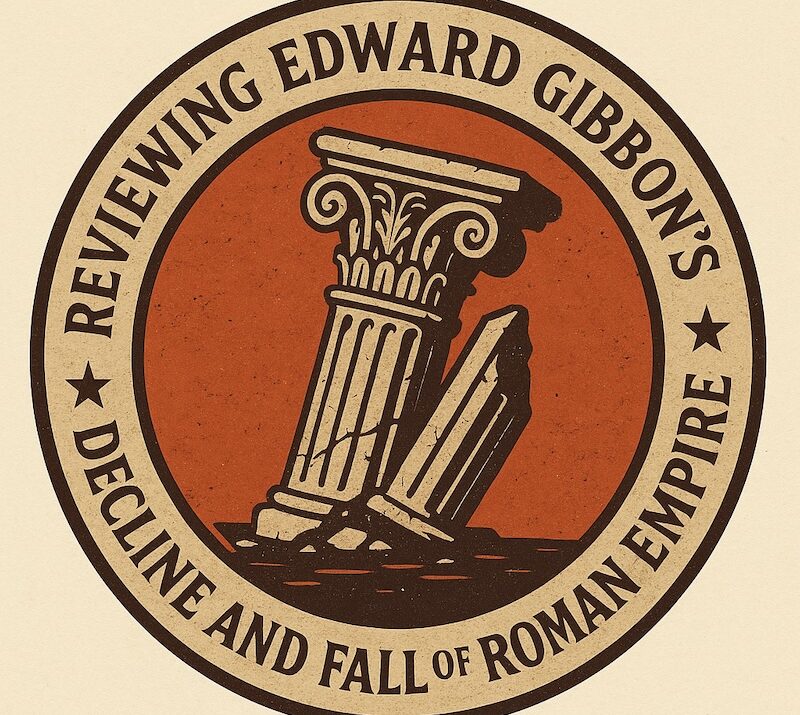It is easy to forget that the biggest threat to the Roman Empire throughout its history was the Persians. We read a lot about all the barbarian inroads into the empire, and know that the western empire was destroyed by the Goths and the eastern one by the Turks, so it is easy to underestimate
The Persians and the Romans had been longtime rivals. In fact from Julius Caesar’s time when Pompey had established hegemony over Armenia and Colchis the Persians had been either resisting further Roman expansion, attempting to subvert Rome’s clients in the region or when the wind was up their tails trying to push back into Egypt
Saint Gregory is the superstar of early medieval Catholicism.
We are at the end of chapter 43 and we find Gibbon in full on enlightenment mode. The reign of Justinian happened to coincide with a couple of comets, some significant earthquakes and a major plague. Previous ages would have agreed with the Byzantines themselves and taken these as communications from God but Gibbon
The Romano-British lost almost everything with the fall of the empire. But they put up a fight, and a long and hard one. And many centuries later it was a British leader that became a legend. There was no continuity with the previous era in England. The Saxons never had a heroic leader like Alaric or Clovis whose name has continued to resonate ever since. But they were the only ones who really totally wiped out all trace of the empire of the Romans.
Leo was an unlikely man to end up being called ‘the Great’. Emperors had become mere figureheads. Military strongmen of barbarian origin actually called the shots and decided who sat on the throne in Constantinople. Leo looked very much like a figurehead. He had no particular credentials for joining the imperial ranks, and only got
